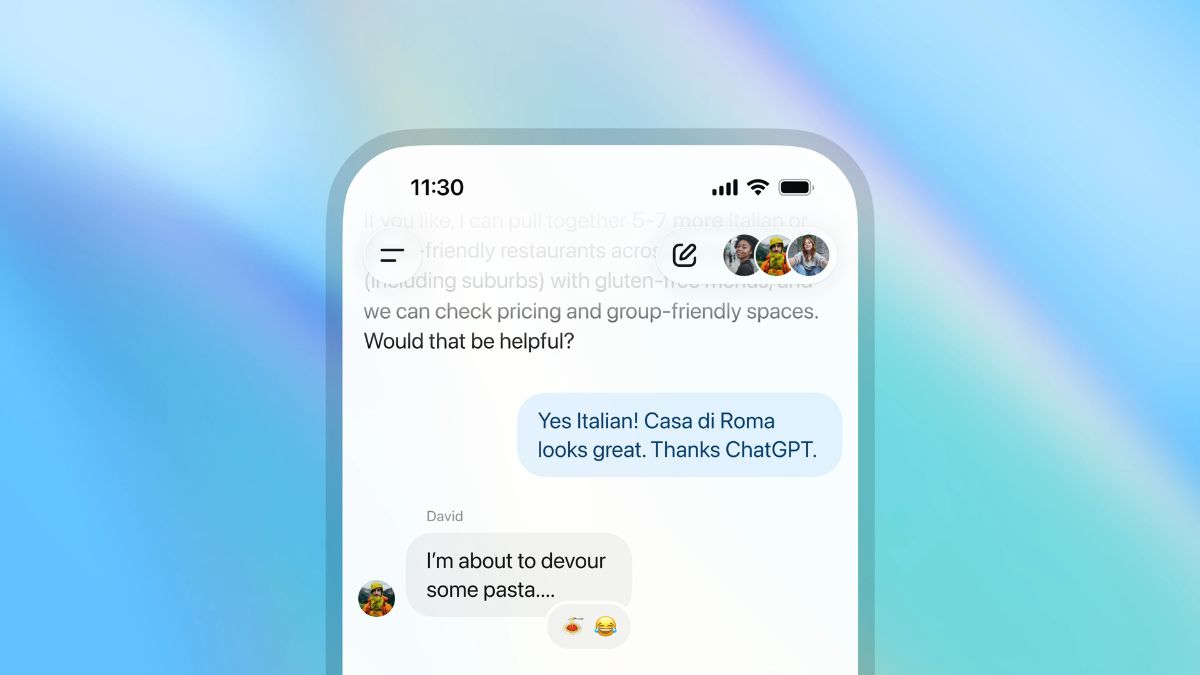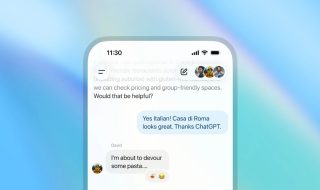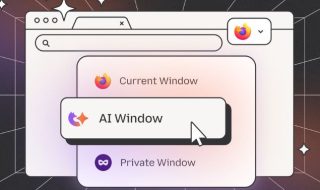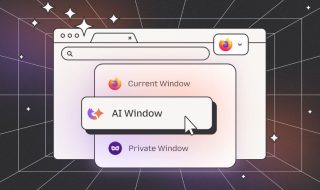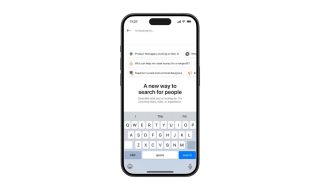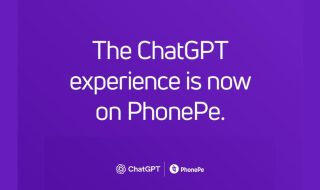OpenAI is piloting a new feature in ChatGPT that lets users create group chats. It allows family, friends, or colleagues to collaborate in a shared space. This update aims to make discussions, brainstorming, and decision-making easier by combining AI assistance with group interaction.
How Group Chats Work
Starting a group chat is simple. In any new or existing conversation, users can tap the people icon in the top-right corner and invite others. Once the invite is accepted, a copy of the original conversation is created as a new group chat, keeping the initial chat separate.
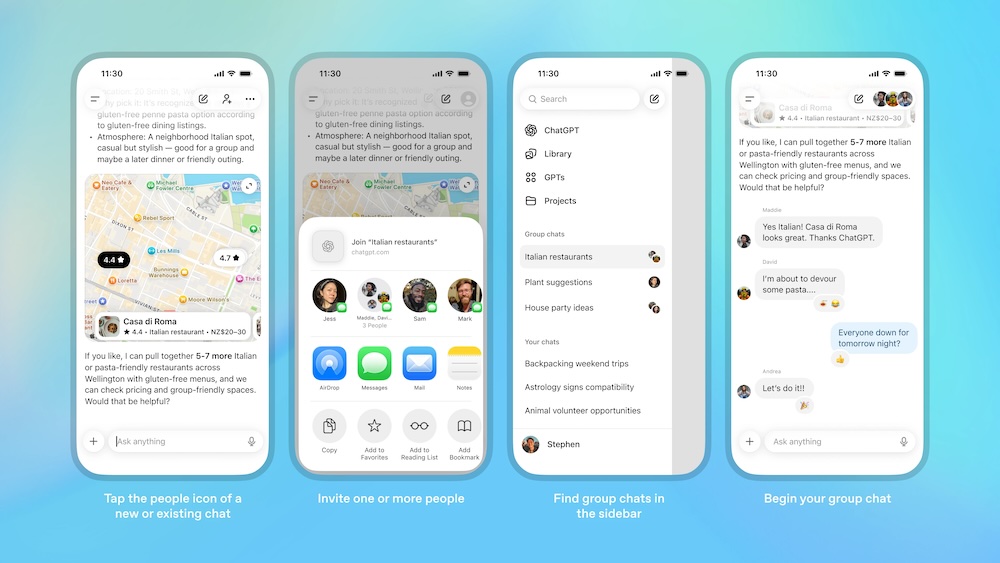
Users can invite up to 20 people directly by sharing a link. Members of the group can also share this link to add more participants. When joining or creating a group chat, users are prompted to set up a profile with their name, username, and a profile picture.
The group chat can be accessed easily from the sidebar. Participants can see all members, leave the chat at any time, and remove other members if needed—though only the group creator has full control over the group.
ChatGPT in Group Chats
Group chats are powered by ChatGPT 5.1 Auto, which automatically selects the best model to respond based on the conversation and the user’s subscription plan. Responses from ChatGPT count toward the limit of the user it is responding to, while ordinary user messages do not affect limits.
OpenAI has designed ChatGPT to follow social norms in group chats. The AI decides when to respond and when to remain silent, based on the flow of conversation. Users can also mention “ChatGPT” directly to prompt a response.
Additionally, ChatGPT can now:
- Respond with emojis to make interactions more expressive.
- Reference profile photos of group members in its replies.
- Follow custom instructions set by users for how it should respond in each chat.
OpenAI has emphasized that group chats do not use personal ChatGPT memory, nor are memories created from these conversations. This ensures that your main ChatGPT history remains private. OpenAI is also planning more granular controls so users can decide how ChatGPT may use memory in group chats in the future.
For users under 18, ChatGPT automatically reduces exposure to sensitive content for everyone in the group, making it safer for younger participants.
Group chats are currently being rolled out on both web and mobile platforms for logged-in users in Japan, Taiwan, New Zealand, and South Korea. The feature is available to users on Free, Go, Plus, and Pro plans. OpenAI plans to expand availability to more regions based on feedback from this early pilot.
